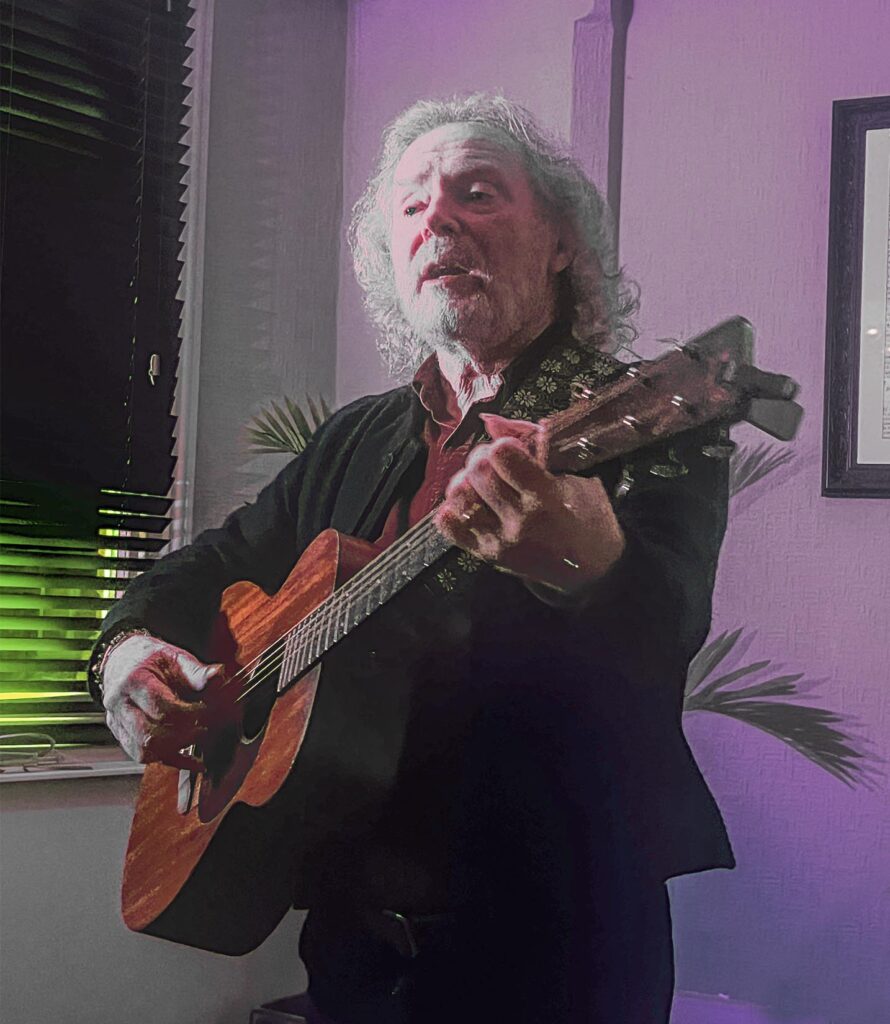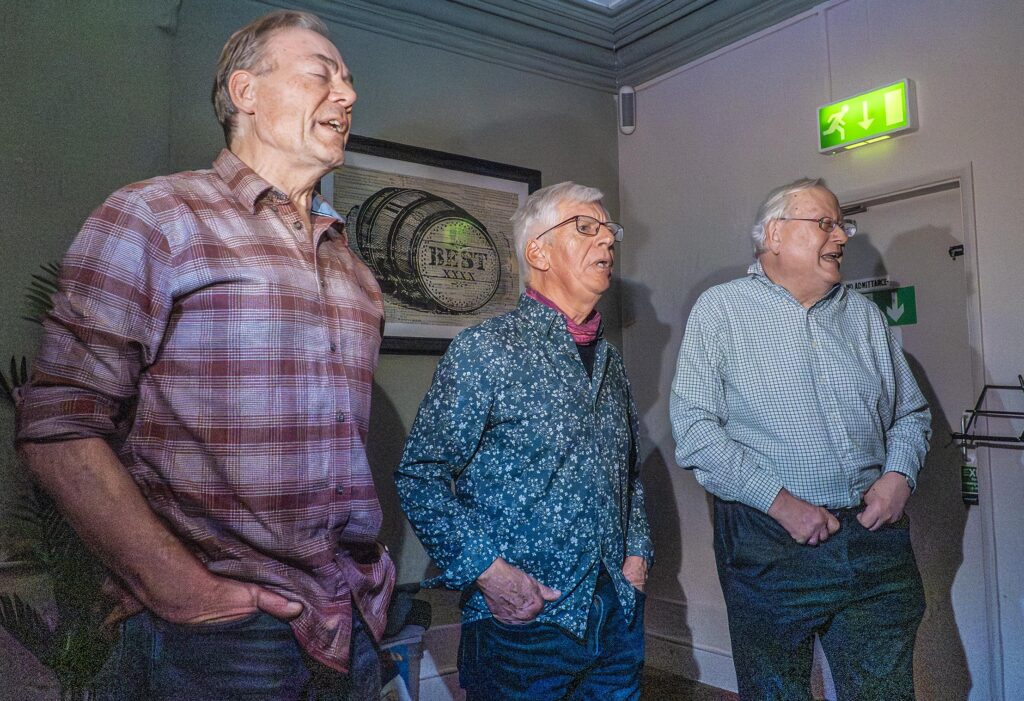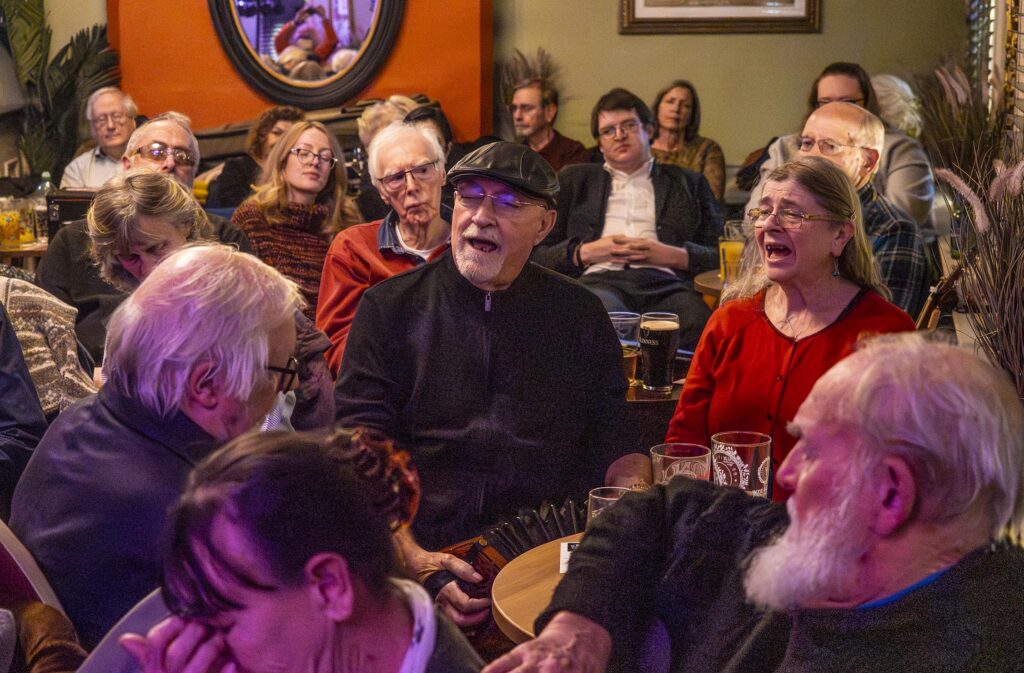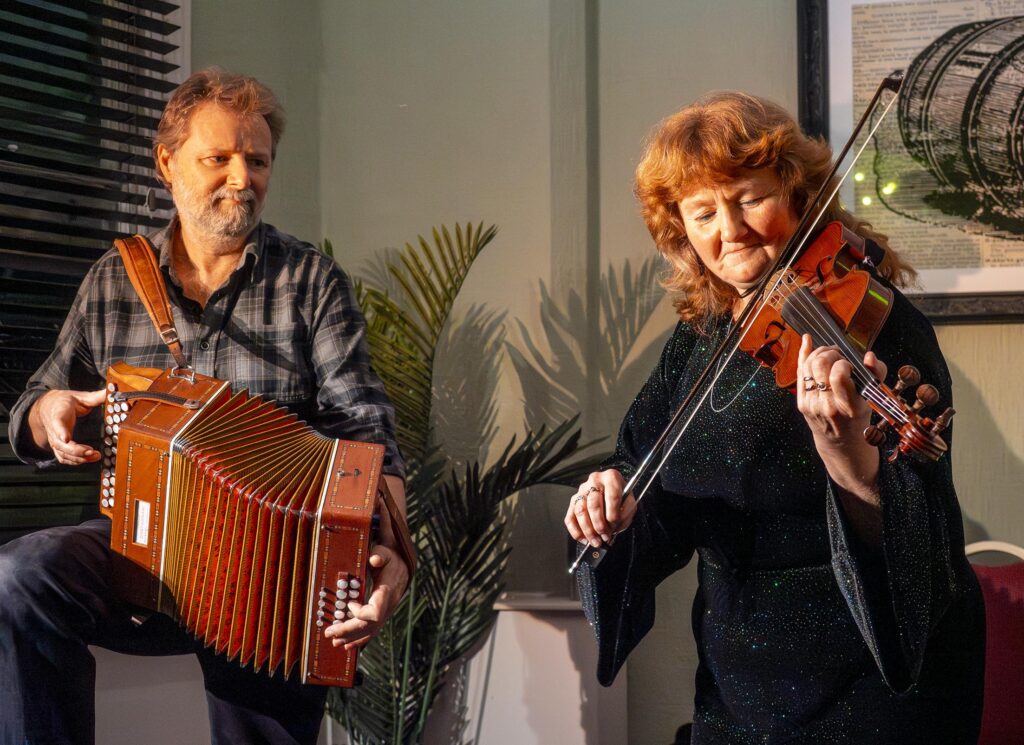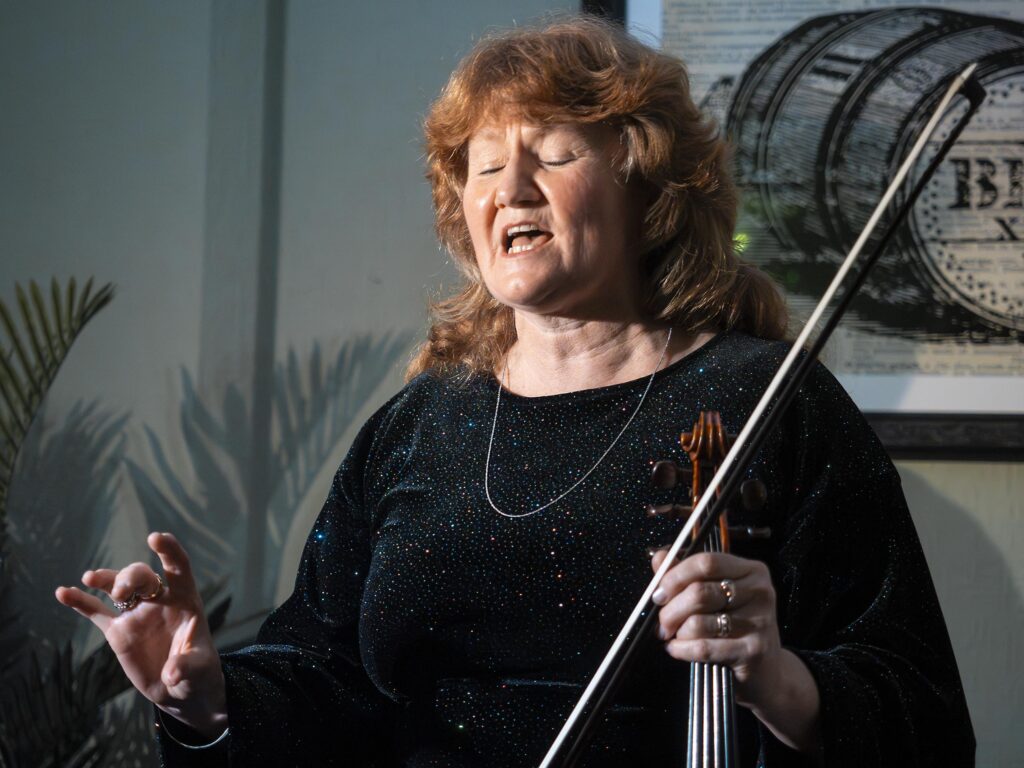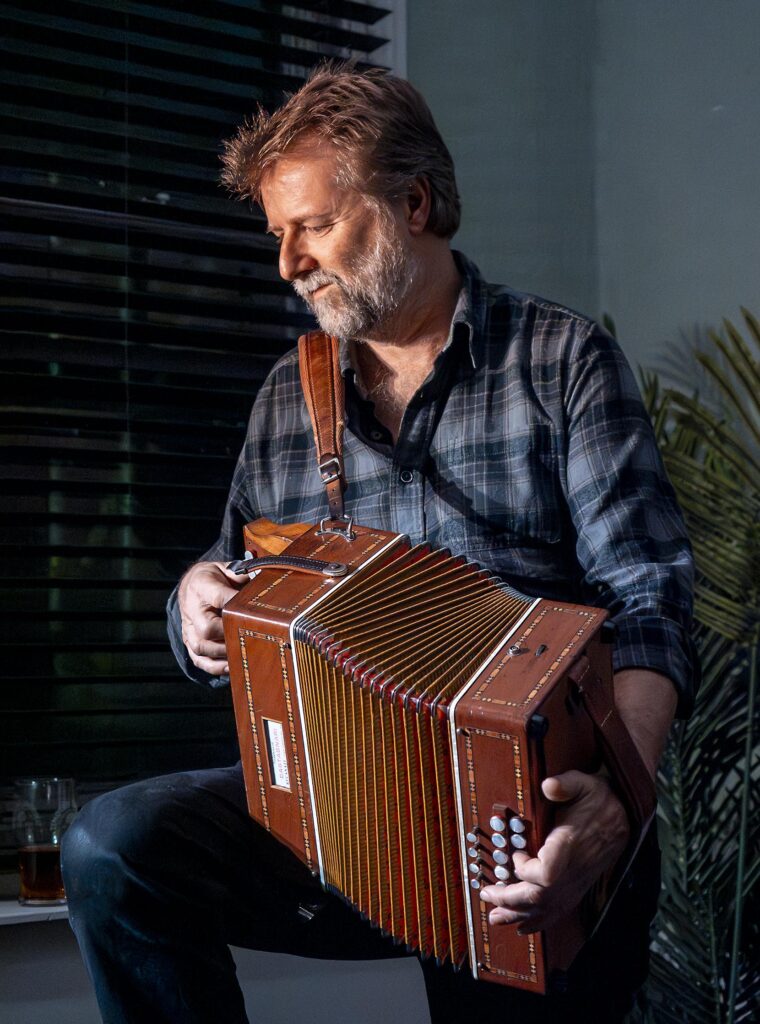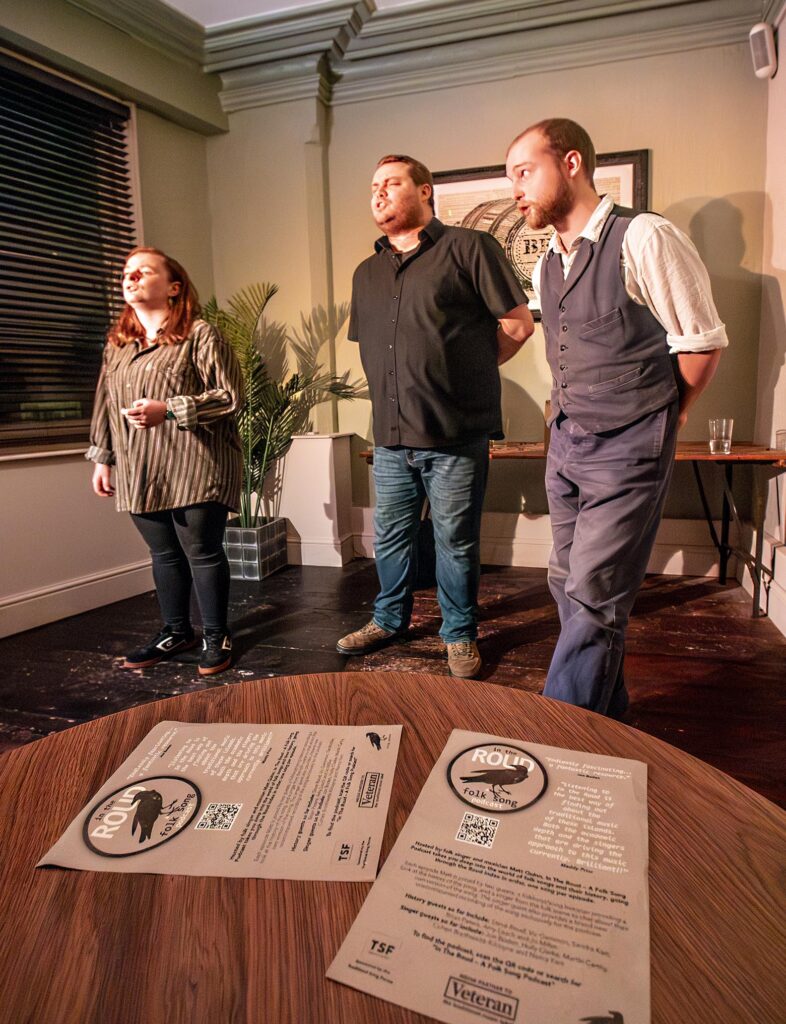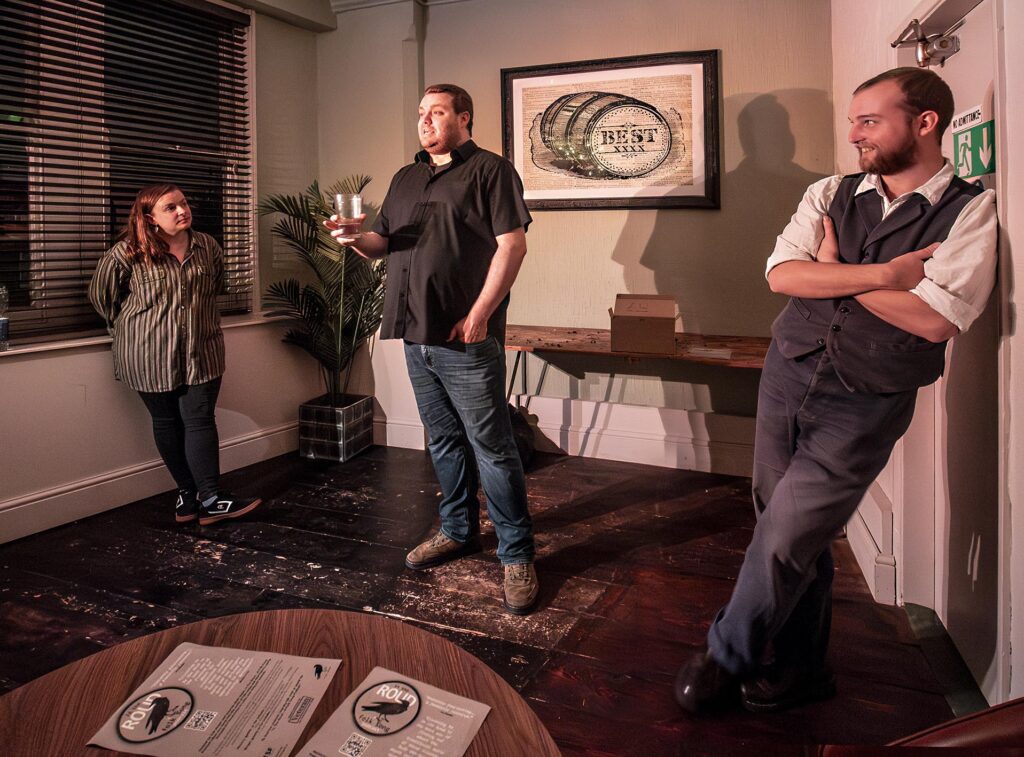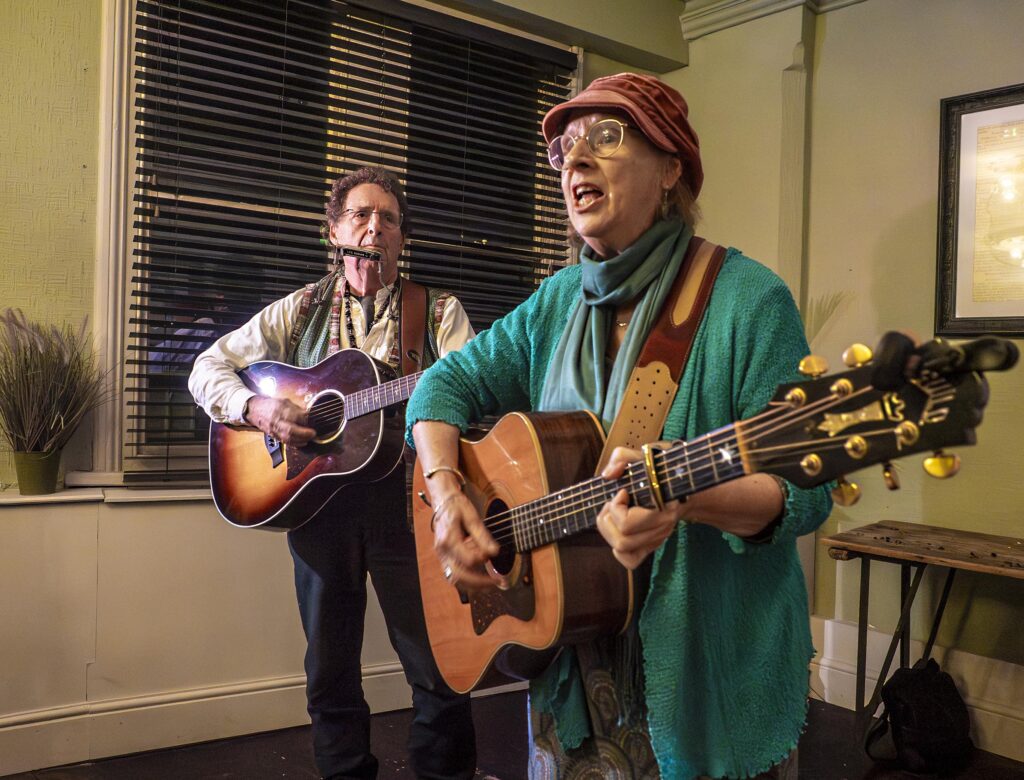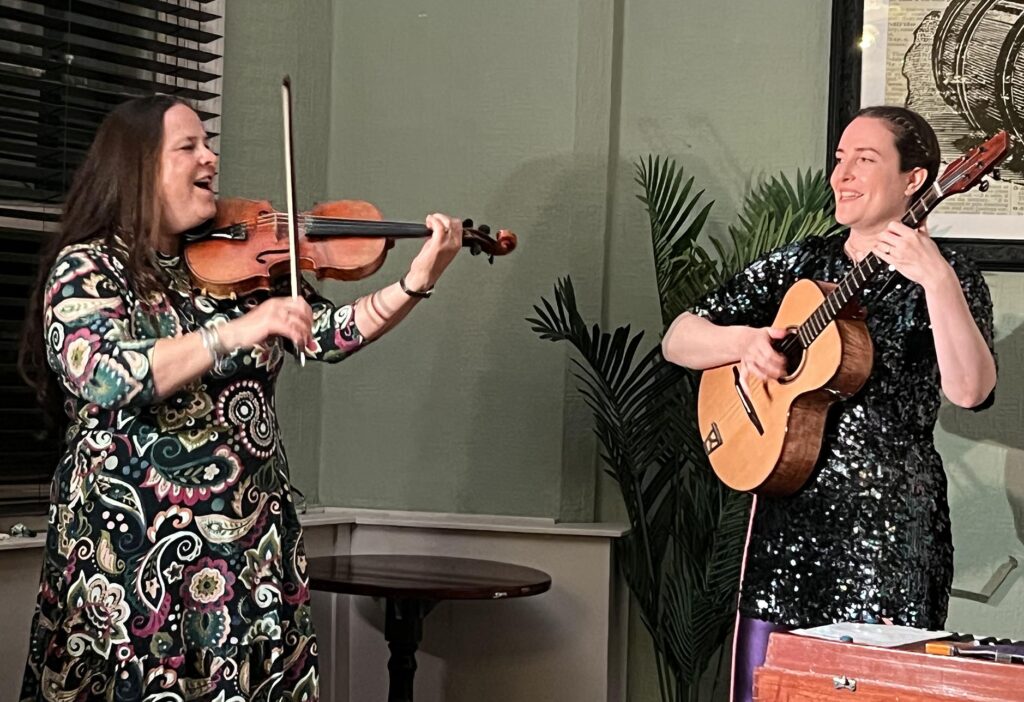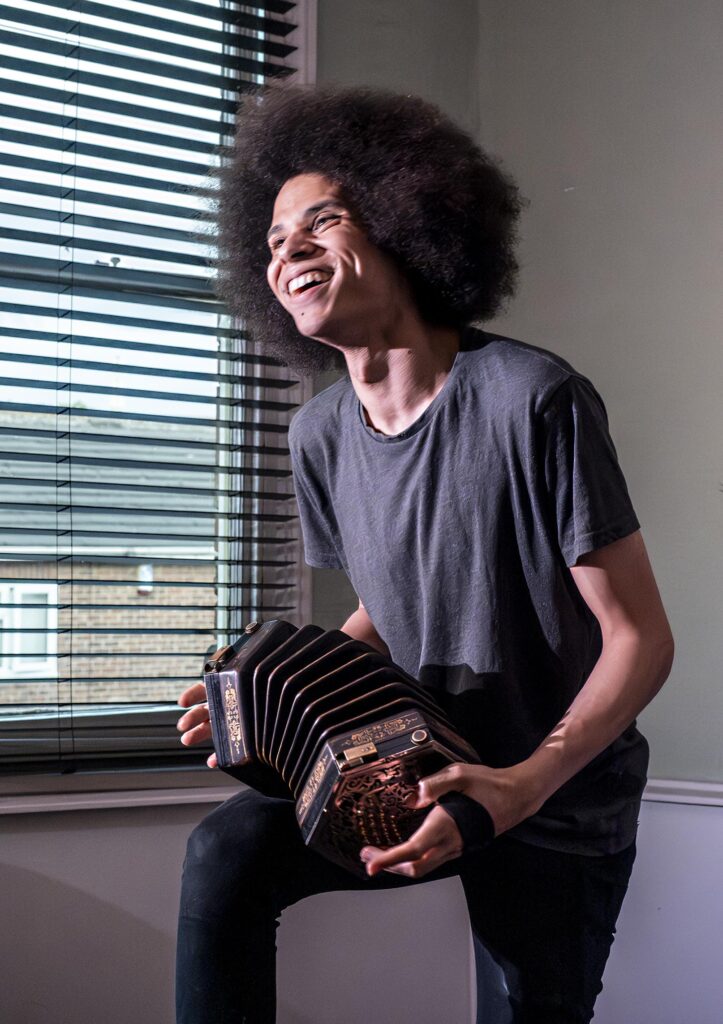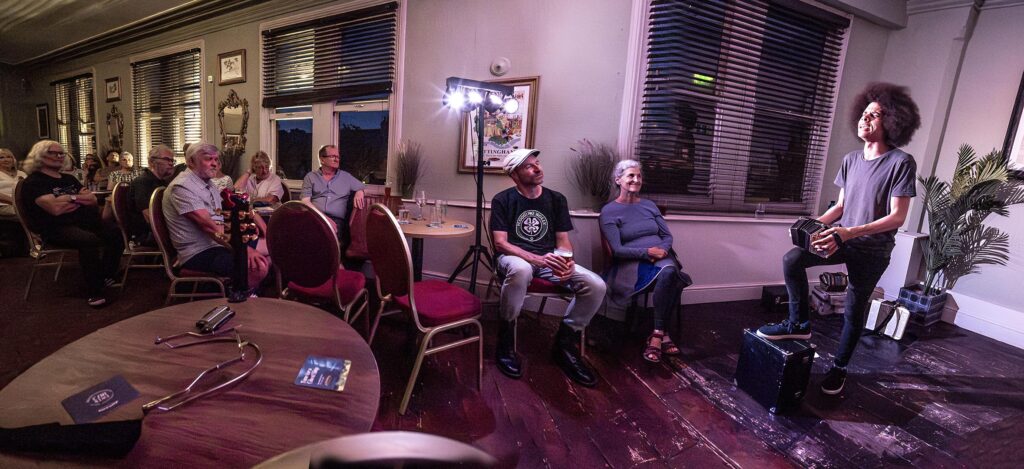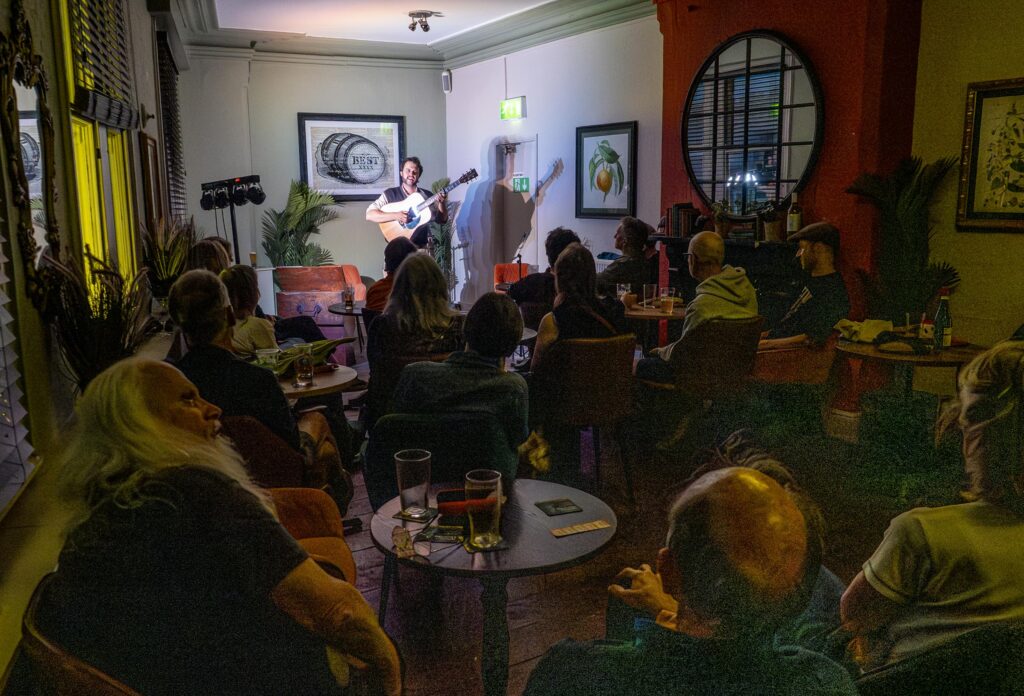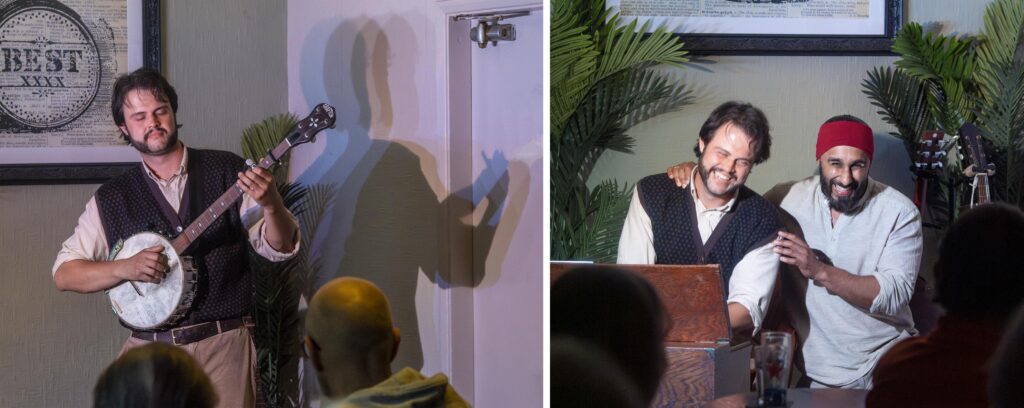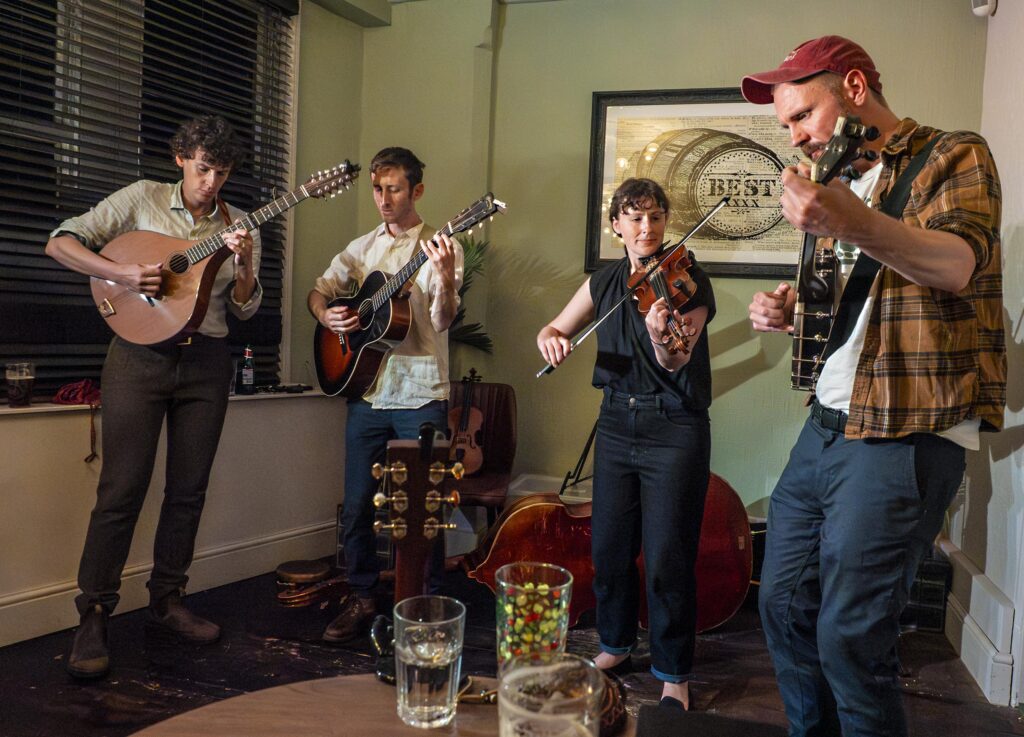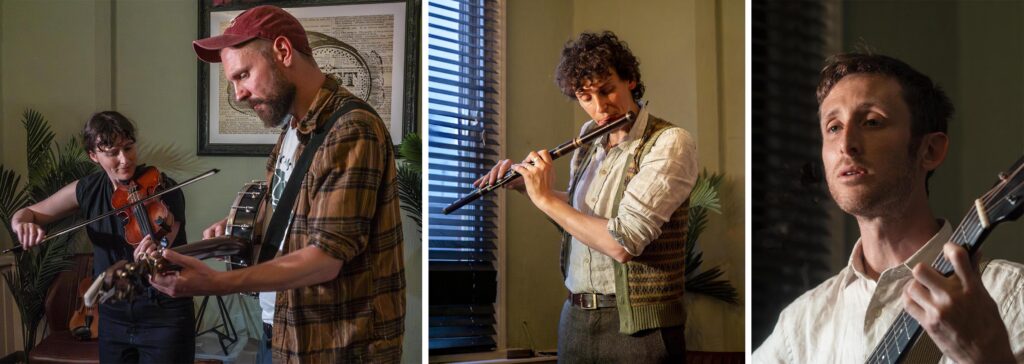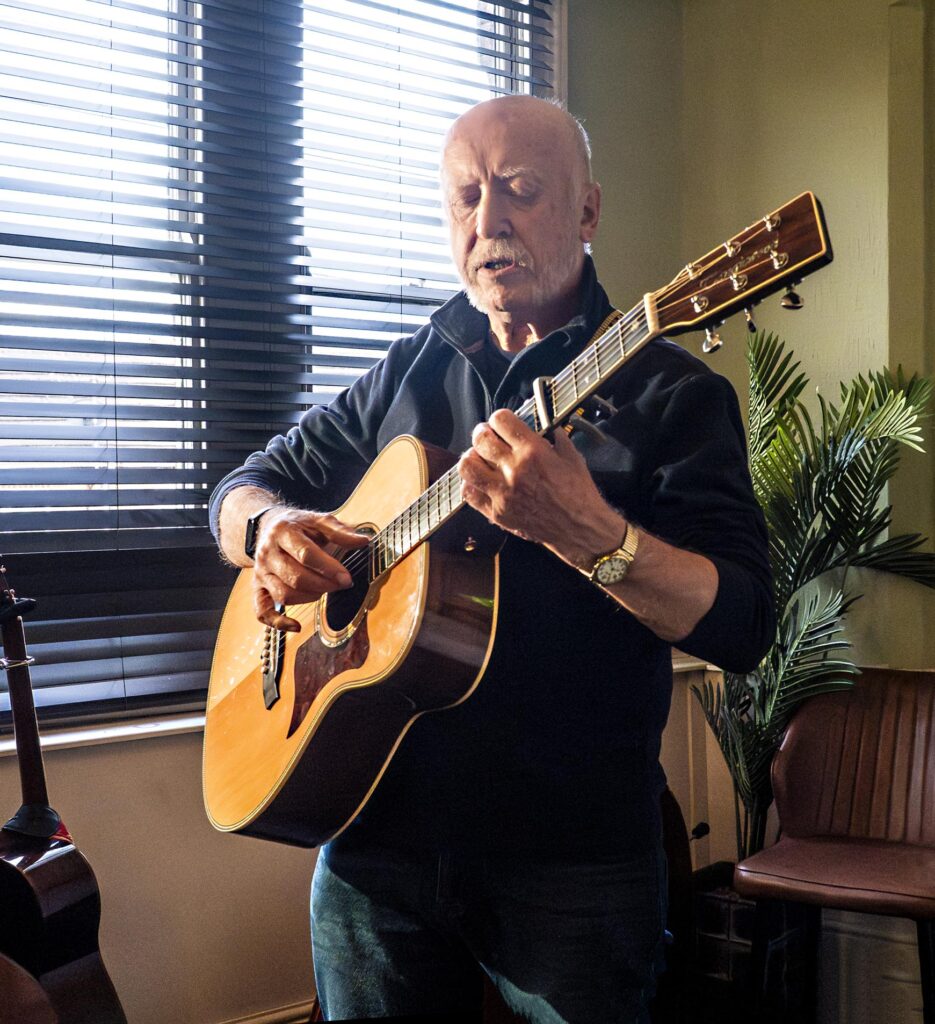Paul Carbuncle Album Launch
This month’s guest was Paul Carbuncle, launching his new CD Reverse Canterbury Pleasure. The title is the name of a peal of bells: you can interpret it as you wish.
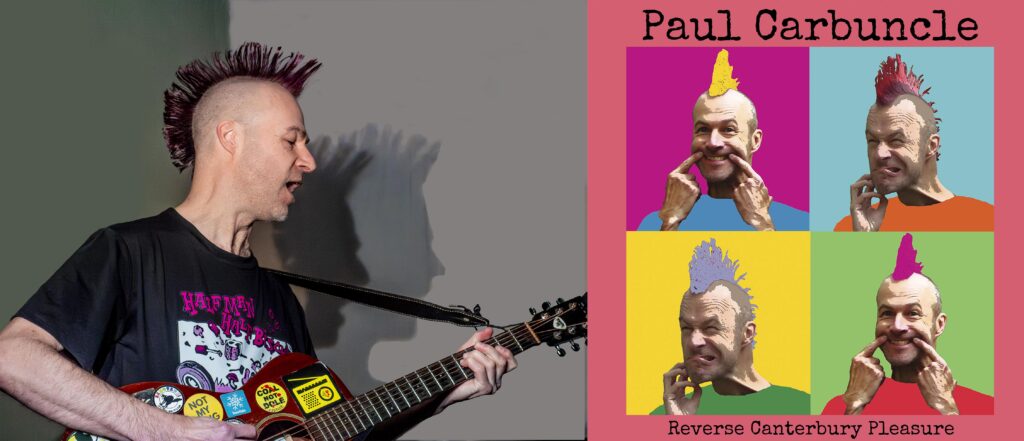
Paul has connections across a much wider social activist and music scene than folk clubs like ours, so he attracted a wide range of admirers. Often it’s the job of a guest performer to win over the audience and to provide some background and justification for their songs, but we were all on Paul’s side (and knew a fair few of the songs) right from the start, so he just got on with the music, and gave us two well-filled sets – 29 songs in all. Many were from the new record (Drinking Money, My Name is Dessie Warren, A Tree Song), but there were welcome favourites like Cookie’s Old Cries of Nottingham (with a tribute to Cookie’s help in recording and performing on the CD), Pig Farmer, Isambard, Deport First, The Mermaid (with Blossom demonstrating the ‘three times round’ bit), Ben Kenobi….
Paul’s performances are always powerful and impressive. His singing is beautifully clear, so it’s possible to make out every word (a skill that’s not that common, unfortunately), and, more importantly, he conveys the meaning of every word, too – and all the songs have a message or a story. His guitar style is quite idiosyncratic, and often fast and furious, but the power and vigour of this playing can be deceptive: it’s not all sound and fury. His left hand is wonderfully dexterous up and down the fingerboard, and the right hand is really precise, as well as rapid.
The CDs Paul brought sold fast, and he was kept busy in the interval with a queue of people wanting them signed (if you missed your chance, CDs and downloads are on Bandcamp). There were mugs and T-shirts available, too. There was already someone wearing a T-shirt by the beginning of the second half.
At the end of the night, Paul had difficulty getting away, because of the queue of people waiting to tell him what a great evening it had been. They were right.
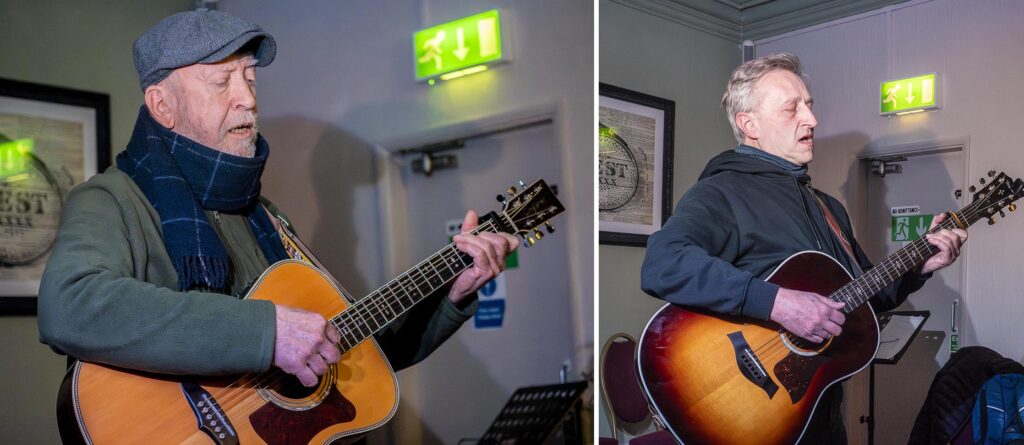
Hugh Miller
